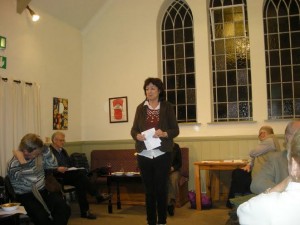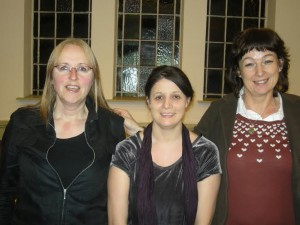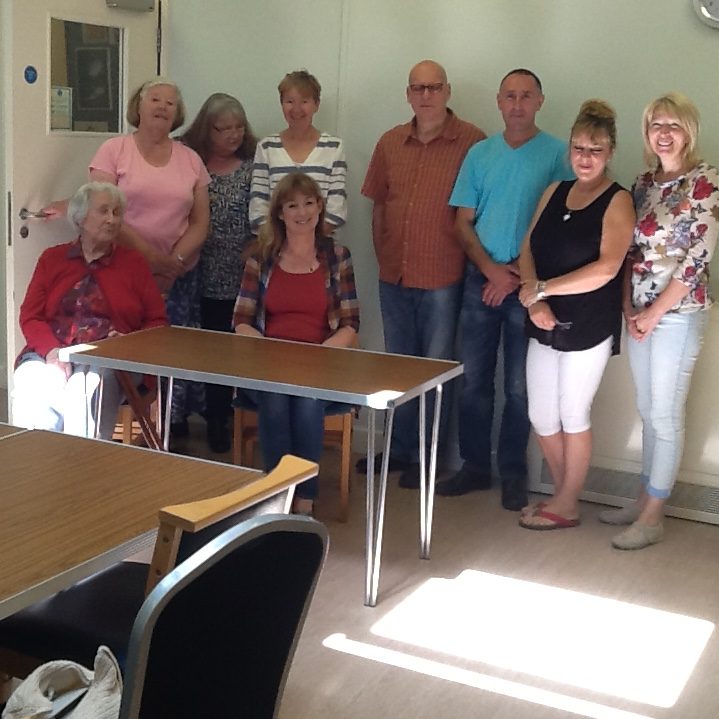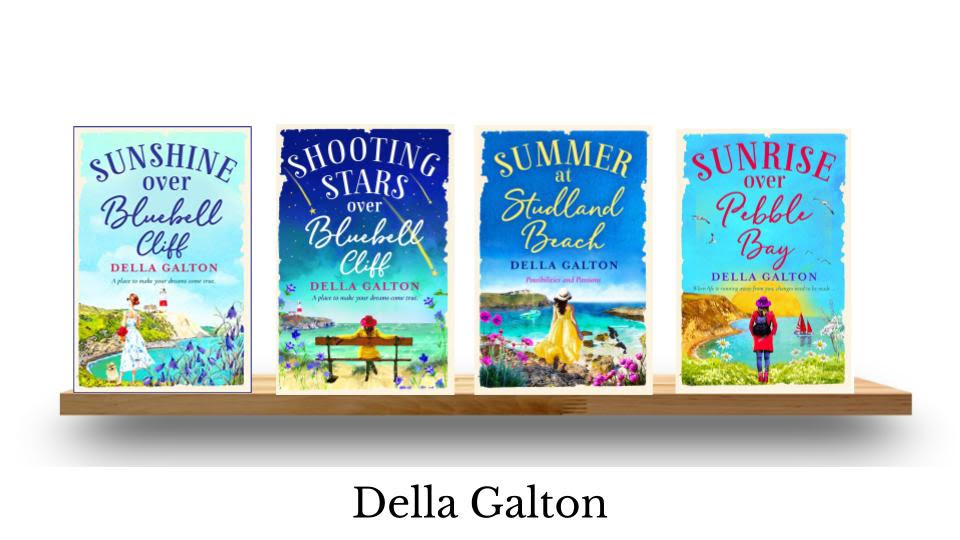Novellas are the new novels, apparently. Can’t remember where I saw that. But just in case it’s true, I thought you might like to see my latest novella, Meltwater, which is all about dysfunctional families. (Are there any other kind!) Here is Chapter One. Happy reading. 🙂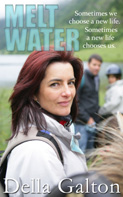
Chapter One
“I’m leaving your father.” Mum’s voice on my answer phone was as clear as the winter sky outside my bungalow window, but I still couldn’t believe I’d heard her right. I pressed rewind and played the message again.
“Hi, Nina, I just thought you ought to know, I’m leaving your father.”
That was it. No preamble, no explanation. She didn’t even sound overly concerned about it. What kind of a message was that to leave on my answerphone at eight o’clock on a Saturday morning? Sometimes I could have happily throttled my mother.
Picking up the phone I pressed the memory button that stored my parents’ number. I let it ring ten, twelve, fourteen times. No answer. Yet she’d only left that message twenty minutes ago. I’d been out doing the horses’ morning feeds, as she’d known I would be. My parents weren’t early birds. They weren’t even normally up at this time of day. Perhaps she’d already left Dad and he didn’t know because he was still in bed asleep. My mind raced through the possibilities. I was about to try again when the phone rang. I snatched it up.
“Mum?”
“No, it’s me, Ingrid,” came the clear, bright voice of my sister in law. “Sorry, have I called at a bad time? I’ve been trying to catch you for a couple of days.”
“You’re OK.” I sighed. “Mum just left a bit of an odd message on my answerphone, that’s all.”
“What sort of an odd message?”
“Well – what she actually said was that she was leaving my dad.”
“You mean getting a divorce?” I could hear the surprise in her voice. “I didn’t realise they were having problems, your parents?”
“They’re not – well at least I didn’t think they were anyway. I’ve probably got the wrong end of the stick.”
“Maybe they’ve just had a row or something?”
“Yes, that must be it,” I said, although that seemed almost as unlikely as them splitting up. As far as I knew my parents didn’t have rows. Mum told Dad what to do and he did it. It had been the same for as long as I remembered. “I expect I’ll find out soon enough,” I said thoughtfully. “Anyway, what were you trying to get hold of me for?”
“Just about the arrangements for Tuesday.” She hesitated. “I’m going to the remembrance garden on my way home from work and I wondered if you’d like me to pick you up on my way by?”
“Yes, please, if you don’t mind.”
“Of course I don’t mind.” Her voice was warm. “It’s easier, isn’t it, if we go together?”
“Yes. Yes it is. Thanks.” I swallowed. I’d been trying not to think about Tuesday. The first anniversary of Carl’s death – my husband and Ingrid’s twin brother. Sometimes it felt as though he’d been gone forever. I had moments of panic when I couldn’t remember the details of his face. Other times it seemed as though no time at all had passed. I still turned over in bed, reaching for him.
“Are you OK?” Ingrid asked.
“Yes. Yes I’m fine.”
“The other thing,” she continued, “was that I wanted to ask you if Stewart Taylor ever got hold of you about booking a riding lesson for Oliver? You remember me telling you about little Oliver in my class? The kiddie with the problems?”
“They’re coming this morning,” I said, relieved at the change of subject. “Pop in for a coffee if you’re free later and I’ll tell you how it went.”
“Yes I’d like that. See you then.”
I put the phone down and pressed redial without much hope. Still no answer from my parents. They lived two hundred miles away, which had its advantages, but it also meant I couldn’t just nip round and find out what was going on. Not that I could have dropped everything anyway. Not with five horses to look after and a day of people booked in for lessons.
I hovered by the phone for a bit longer, but it stayed silent. And eventually I gave up, pulled my woollen hat back on, buttoned up my wax jacket and went outside again. It was a bright, icy morning, the sky an arc of blue over my head. My breath puffed in the air as I crossed the lane back to the stable yard, which was a five second walk from the bungalow Carl and I had bought five years ago. I’d been tempted to sell up and move away when he’d died. Away from this Dorset village and all the memories it held, maybe somewhere a bit closer to my parents inCornwall. I hadn’t thought I’d be able to bear staying where there were so many echoes of Carl. So many ghosts.
It had been Ingrid, who’d persuaded me not to.
“You can’t sell the horses,” she’d said, her voice sharp with grief “It’s not what he’d have wanted. You know it isn’t.” She’d looked at me, with the same blue eyes as her brother and added more softly, “He had two great loves in his life: you, and the horses. You might think it’s impossible, but it is the horses that will keep you sane. Believe me.”
Ingrid had been right I thought as I picked my way across the frozen mud in the field and broke the ice on the water trough. The horses had kept me sane. The routines of looking after them, the sheer physical hard work of them, had kept the structure from crumbling completely from my life.
I put out some piles of hay. The grass wasn’t much good at this time of year – not enough nutrition for my two thoroughbred crosses, Anton and Buska. Or the two horses that belonged to a couple in the village. They hardly rode in winter, just kept their horses at full livery, which meant they paid me to do everything, including ride them, which suited me fine. Not because I needed the money, that was one problem I no longer had, but because then I didn’t have to make small talk about trivia. I’d never been very good at small talk; Carl had been all the social life I’d needed.
Ingrid said I was in danger of turning into a recluse. “You never go out, you never mix with anyone,” she told me often. “You can’t hide yourself away forever, you know.”
“I teach four days a week,” I’d protested. “I see plenty of people.”
“That’s not the same,” she’d said. “You’re not going to meet anyone teaching.”
“I don’t want to meet anyone,” I’d said stubbornly.
“I’m not suggesting you jump headlong into another relationship,” she’d said. “But you could do with making some friends, Nina. It’s not good for you to spend so much time alone.”
It had been Ingrid who’d persuaded me to give Oliver a riding lesson. I didn’t usually teach kids. She was a primary school teacher and he was in her class. Apparently he’d become very withdrawn when his mother had walked out on him and his father six months earlier.
“He’s only eight. Far too young to lose his mum.” Ingrid’s voice had been indignant. “I’m very worried about him. He used to be such a bright little thing and now he hardly speaks. I’ve had a word with his dad – nice man – and apparently the only thing he shows any interest in is horses.”
I’d been sceptical at first, half suspicious that Ingrid was more interested in me meeting Oliver’s father than me teaching Oliver to ride, but eventually I’d given in. Ingrid could be very persistent when she wanted something and besides I knew I wouldn’t have coped without her this last year. It would have seemed churlish refusing to do this one small thing in return.
I went back to the stables and changed the horses’ night rugs for their day ones, fumbling with buckles and clips. Everything was harder work when it was cold. Then I put them all out in the field, except Leah, the pony that Oliver would ride for his first lesson. I leaned on the gate, watching for a moment, as the horses milled around the field, ears flattening, tails swishing, snorting white plumes of breath into the air as they sorted out whose pile of hay was whose.
Then I went back home to check the answerphone. There was a message from my three o’clock lady cancelling because she had a cold, but there was nothing else from Mum and there was still no answer when I tried phoning her. I didn’t even know the numbers of any of their friends, but then I suppose that wouldn’t have helped much. I could hardly have just phoned up and said, “Hey what’s this about Mum and Dad splitting up?”
I stood in the kitchen warming my hands on the Aga and thought about the last time I’d spoken to Mum. It had been two, possibly three weeks ago. We kept in touch regularly, if sporadically. She’d been moaning about Dad then, I thought, frowning. Something about him mooching around the house and never helping her with anything. Mum had always been house proud, but according to Dad she’d got worse since he’d retired two months previously.
“I’m not even allowed in some rooms until after four o’clock,” he’d grumbled, when she’d finally handed the phone over so he could speak to me. “And she makes me wear my slippers everywhere. Can you believe that?”
I’d laughed. “She doesn’t mean it, Dad.”
“Oh yes, she does. If I’ve got my gardening clothes on she puts a piece of newspaper on the kitchen chair before I’m allowed to sit on it.” He’d lowered his voice and added, “She’s obsessed, Nina. Obsessed with cleaning.”
“I expect she’s just adjusting to you being around more,” I consoled, and he’d sighed and said, “I hope you’re right. I don’t know if I can stand this much longer.”
Mum’s message couldn’t be anything to do with that, surely, I thought, glancing round my messy kitchen. I took after Dad where tidiness was concerned. There was mud on the floor by the back door, a pile of plates in the washing up bowl from last night and you could hardly see the table for bits of paper. The stable yard was immaculate, but I didn’t bother with the house much. No-one except Ingrid ever came round anyway.
It was odd though that I couldn’t get in touch with either of my parents. I glanced at my watch. I couldn’t afford to hang around for much longer. I had five stables to muck out and I had to get Leah ready for Oliver Taylor’s lesson.
If you fancy reading the rest, please click here to buy for kindle. Thank you for reading.






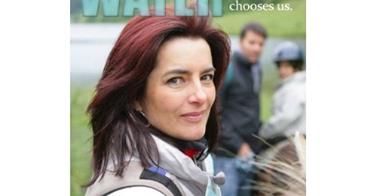
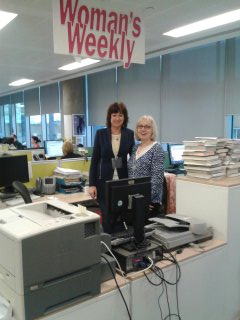
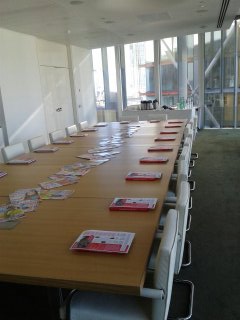


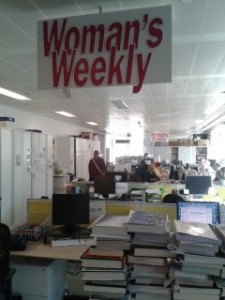
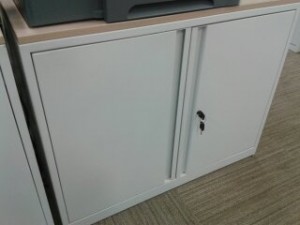
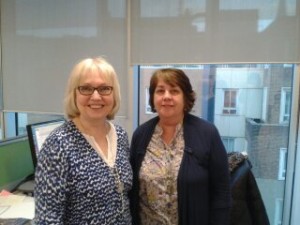

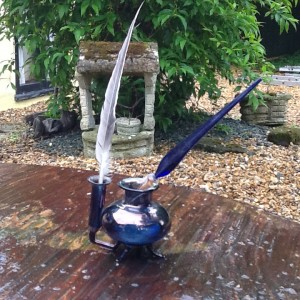 We are suddenly awash with writing courses – must be spring 🙂 In date order, soonest first, below are some of the ones I am personally involved with:
We are suddenly awash with writing courses – must be spring 🙂 In date order, soonest first, below are some of the ones I am personally involved with:






